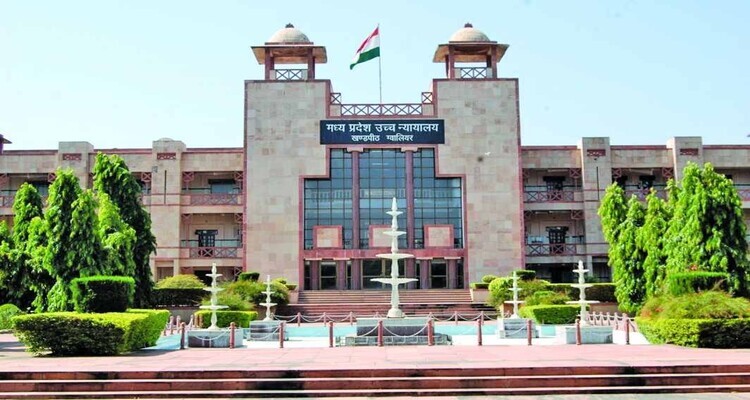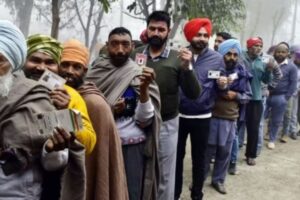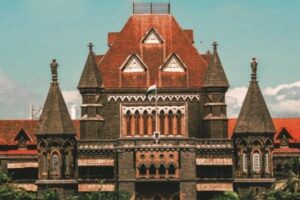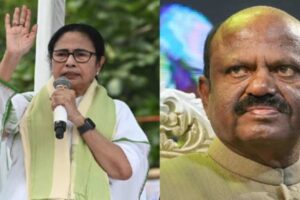
Recently, the Madhya Pradesh High Court ruled on a petition brought forth by the High Court Advocates Bar Association, contesting the State Bar Council’s decision not to acknowledge it as an independent bar association in the case of High Court Advocates Bar Association vs Bar Council of India and Others. In their judgment, the Division Bench comprising Justice Vivek Agarwal and Justice Avanindra Kumar Singh stated that the establishment of a parallel body lacked justification, given that the objectives outlined in the Advocates Act and the Adhivakta Kalyan Nidhi Adhiniyam of 1982 were already being fulfilled by the existing bar association.
Here’s what went down:
- The Court stated that there is no apparent reason to acknowledge a separate body without evidence that its members are deprived of the benefits outlined in the Advocates Act of 1961 or the Act of 1982.
- The High Court Advocates Bar Association, led by certain Senior Advocates, comprises approximately 330 lawyers.
- The State Bar Council rejected the association’s application for recognition in 2018, citing the rule that only one Bar Association can be recognized.
- Subsequently, the bar body took its case to the High Court.
- The Court highlighted that the Advocates Act aimed to integrate the legal profession under a unified category known as advocates.
- It emphasized that the sole division sought was the classification of advocates into two categories based on merit: senior advocates and other advocates.
- The primary objective of a Bar Association is to advocate for the implementation of welfare schemes for advocates, the Court noted.
- The Court observed that the members of the petitioner association, numbering around 330, already receive welfare scheme benefits through their membership in the recognized High Court Bar Association or district Bar Association.
- With no evidence of welfare scheme benefits being unavailable to the petitioner association’s members, the Court concluded that the decision of the State Bar Council lacked illegality, irrationality, or procedural impropriety.
- The Court ruled that since there was no contention that the State Bar Council’s decision affected the fundamental freedoms of the petitioner Association, there was no basis for separate recognition, especially when its members were already receiving benefits through dual membership.
Read More: Supreme Court, Delhi High Court, States High Court, Other Courts, International





